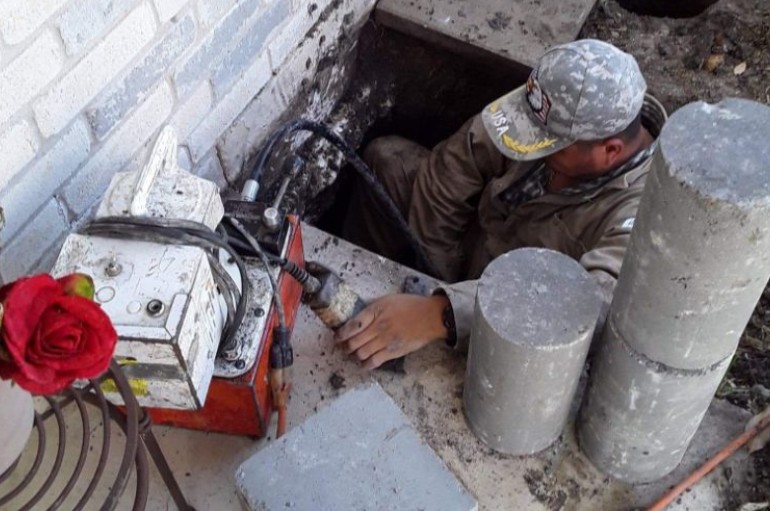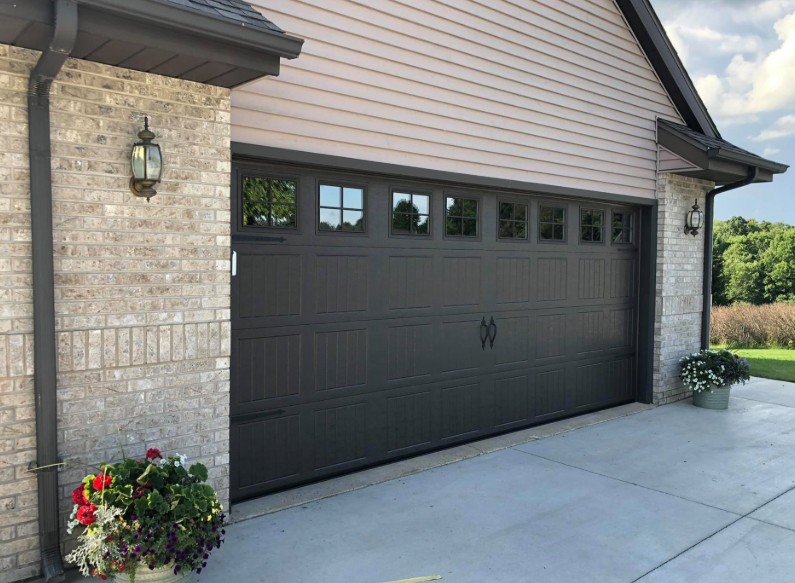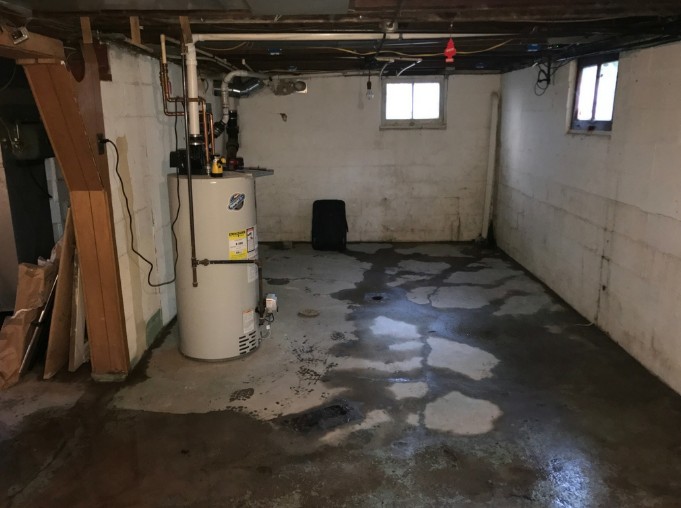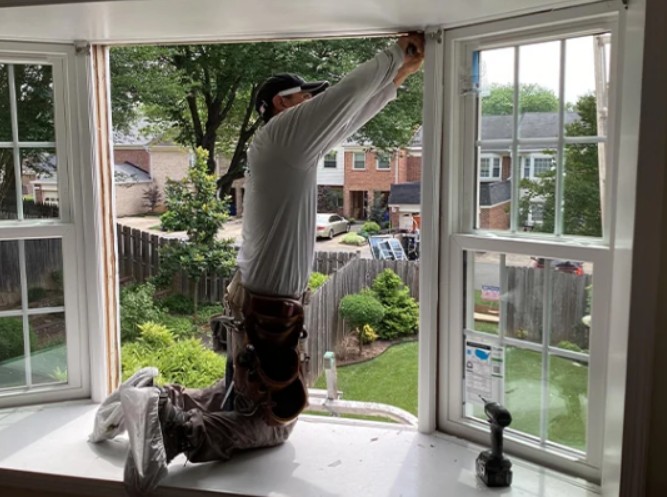
Uneven floors in a home can be easy to ignore at first. A small slope or creak might not seem serious. However, over time, these subtle signs can indicate much larger problems. One of the most common causes of sloping or sagging floors is foundation damage. Understanding why this happens and how to respond is important for any homeowner.
Floors are meant to be level and stable. When they shift, dip, or bounce underfoot, it’s usually because the structure supporting them, your foundation, isn’t doing its job. If left unchecked, the issue can worsen and lead to expensive repairs or safety hazards.
In many cases, homeowners seek foundation repair in Round Rock after noticing floor problems in multiple rooms. This guide breaks down the causes of these issues and guides how to address them early.
What Causes Uneven Floors?
Before starting repairs, it’s essential to understand the underlying cause of the problem. Here are some of the most common causes of uneven floors:
Soil Movement
Many homes in Round Rock are built on clay-heavy soil. Clay expands when wet and contracts when dry. These shifts cause the soil under your foundation to move, resulting in cracks and sagging.
Foundation Settling
Every home settles slightly after construction, but excessive settling can make floors slope. If your home is older or built on loose soil, uneven weight distribution can lead to significant damage.
Poor Drainage
If water isn’t directed away from your foundation, it can erode the soil that supports it. Over time, this weakens the foundation’s base, causing parts of the foundation to drop and your floors to shift.
Cracked Foundation Slabs
Concrete slabs may crack due to pressure, shifting soil, or age. If the crack runs underneath floor joists or load-bearing walls, the floor above it can sink or become unstable.
Termite or Water Damage
Wooden beams and floor joists affected by rot, termites, or moisture lose their strength. As they deteriorate, they can’t hold the floor evenly, especially if the damage is widespread in crawl spaces or basements.
Signs You May Need Foundation Repair
Recognizing the warning signs early can help you avoid bigger problems later. Look out for:
- Sloping floors that are noticeably higher or lower in one area
- Gaps between baseboards and floors
- Cracks in tile or hardwood floors
- Doors or windows that stick or swing open by themselves
- Floors that feel soft, spongy, or bouncy in certain areas
If these symptoms affect more than one room, it’s likely not just a flooring issue—it could be the entire foundation.
How Foundation Repair Solves Floor Issues
When a professional inspects your foundation, they’ll evaluate the entire structure to find weak spots. Solutions depend on the cause of the problem:
Pier and Beam Repair
Homes with crawl spaces often sit on a pier and beam foundation. If the beams are damaged or sinking, contractors may lift and reinforce them using new piers or shims.
Concrete Slab Repair
For slab foundations, contractors may use mudjacking or foam injection to lift sunken areas. They might also use steel or concrete piers installed underneath the slab to add support.
Drainage Improvements
Improving your home’s drainage can help prevent future settling. French drains, gutters, or grading the soil away from your foundation can reduce water buildup that weakens soil.
Soil Stabilization
In some cases, injecting stabilizing material into the soil can prevent future movement. This is helpful in areas with shifting or expansive clay soils.
Vapor Barriers and Crawl Space Support
Moisture in crawl spaces can cause wooden supports to rot. Encapsulation, dehumidifiers, or vapor barriers help keep humidity levels low, protecting the structure under your floor.
For more technical information on how shifting foundations affect homes, the U.S. Geological Survey (USGS) provides research and mapping data on soil behavior and its impact on structures.
Why Acting Early Matters
Delaying foundation repair not only worsens the issue but can raise the cost of fixing it. Sagging floors could be a sign that parts of your home are under stress. This stress affects everything from walls and windows to plumbing and HVAC systems.
Fixing uneven floors early also helps maintain your home’s value. If you plan to sell, inspections will reveal structural issues that could delay closing or lower your asking price.
Hiring the Right Foundation Repair Company
When hiring a contractor, look for:
- Experience with foundation repair
- Verified licensing and insurance
- Clear explanation of repair methods
- Transparent pricing
- A strong local reputation
Ask about warranties, the materials used, and the estimated duration of the project. An experienced contractor will guide you through the process and keep you informed at every step.
Prevention Tips
Here are some easy steps homeowners can take to avoid future issues:
- Keep gutters clean and pointed away from the foundation.
- Grade the soil so that water flows away from the house.
- Use soaker hoses during dry months to prevent soil shrinkage.
- Inspect crawl spaces regularly for moisture and pests.
- Fix plumbing leaks as soon as they appear
These habits may seem simple, but they can help protect your home from the expensive damage that comes with uneven flooring.
Conclusion
Uneven floors are more than just a nuisance—they’re often a sign that your home’s foundation needs attention. Whether it’s from shifting soil, poor drainage, or general wear, addressing the root cause early can save time and money. With professional evaluation and the right repairs, your home can stay level, secure, and valuable for years to come.
If you notice signs of damage or just want peace of mind, reach out to the team at Round Rock Foundation Repair Specialists. They’re experienced, trustworthy, and ready to help restore your home’s strength and safety.








